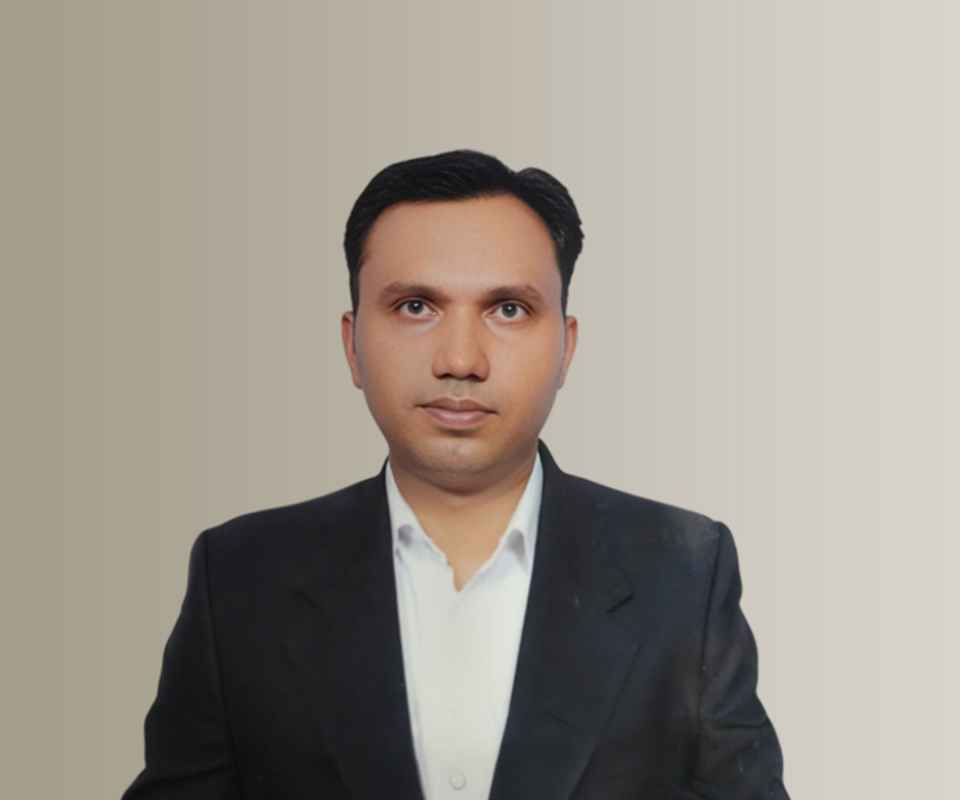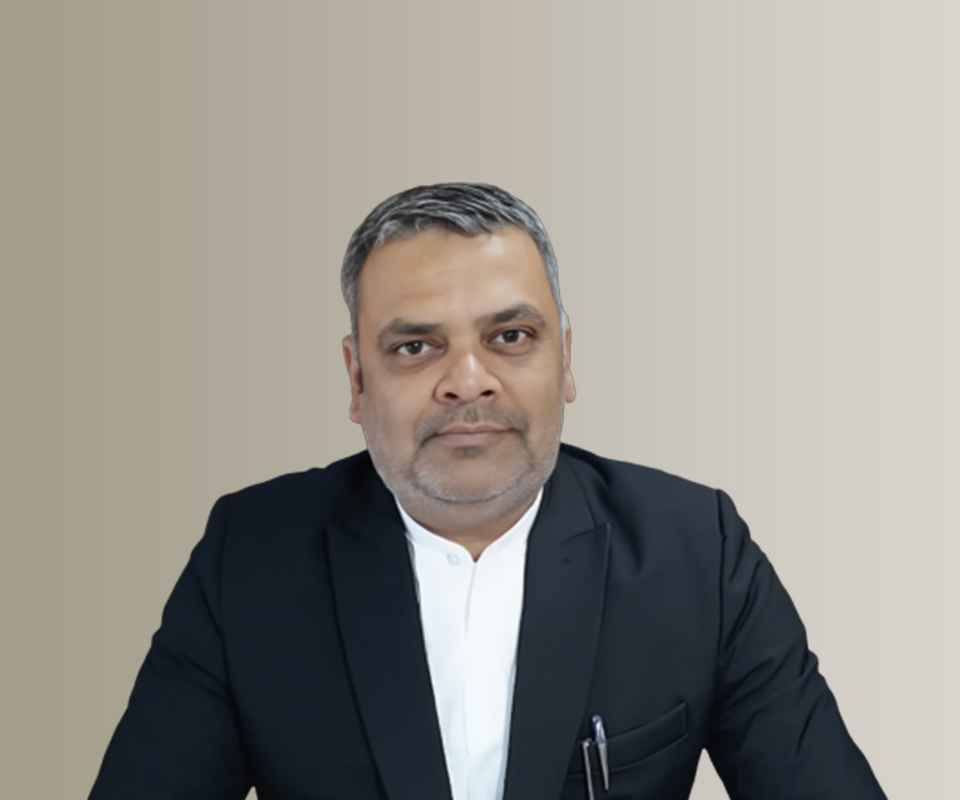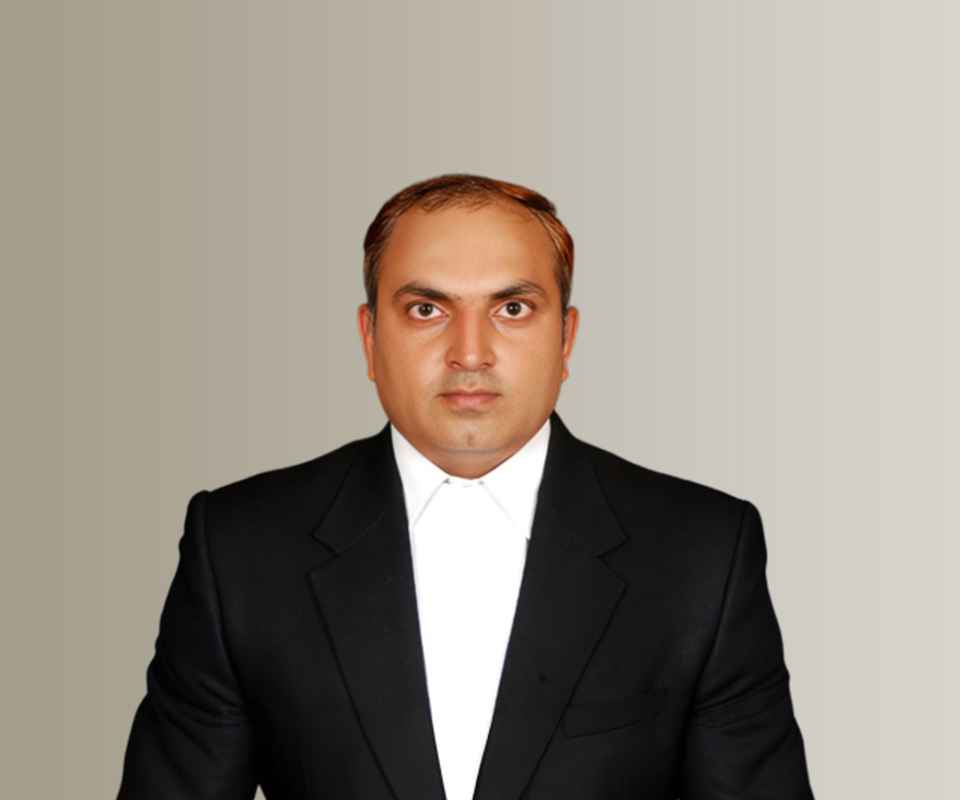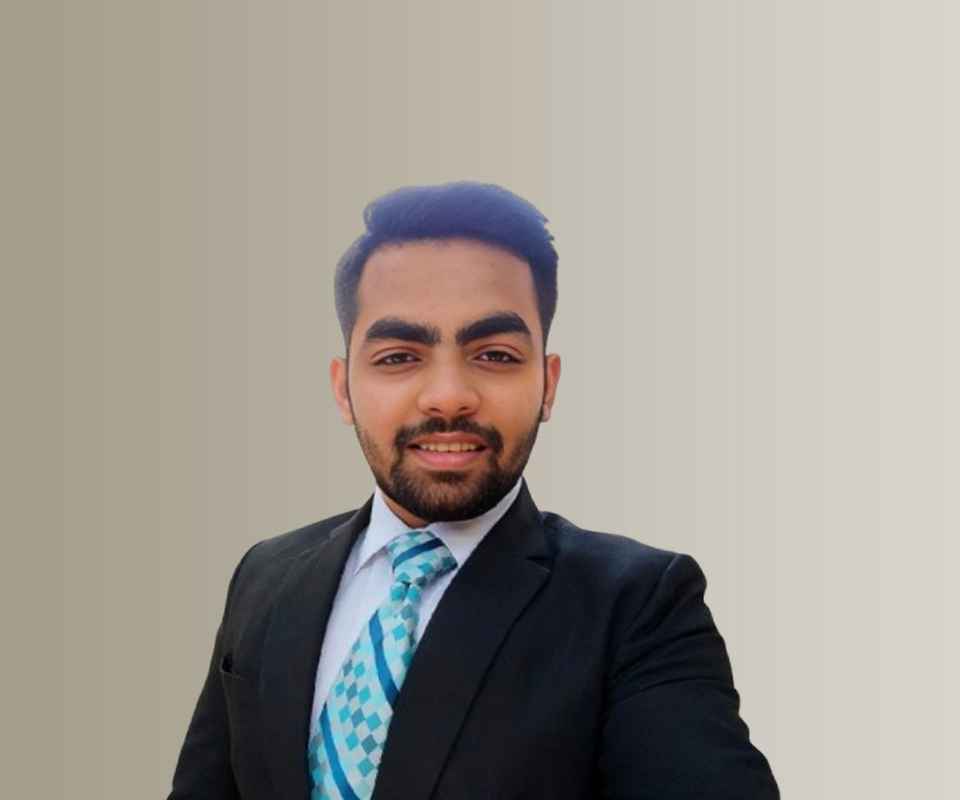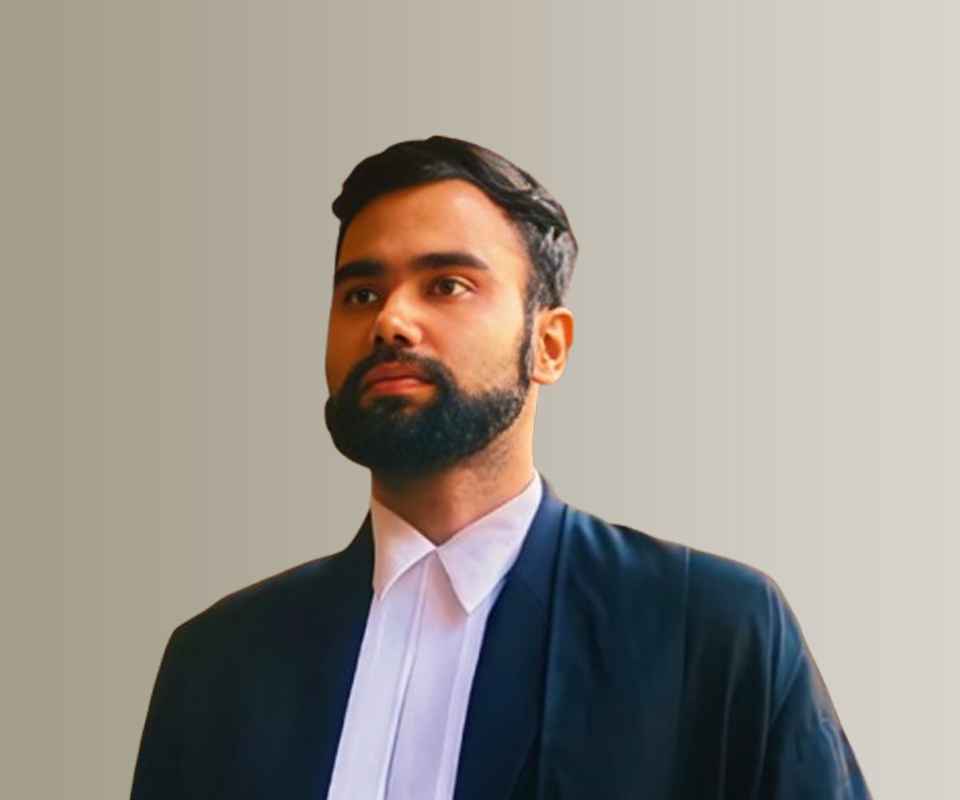Answer By law4u team
In India, military personnel have limited freedom of speech and expression compared to regular citizens. This limitation is necessary to ensure that military members remain disciplined, neutral, and focused on their primary role of defending the nation. The Indian Constitution grants freedom of speech as a fundamental right under Article 19, but this right is subject to reasonable restrictions for military personnel to maintain the security and operational efficiency of the armed forces.
Are There Any Restrictions on Speech and Expression for Military Personnel?
1. Legal and Constitutional Restrictions
Article 19 of the Indian Constitution guarantees freedom of speech to all citizens, but it allows for reasonable restrictions in the interests of:
- Security of the state
- Public order
- Decency or morality
- Contempt of court
- Defamation
- Incitement to an offense
For military personnel, the government can impose additional restrictions to safeguard national security, discipline, and the operational readiness of the armed forces.
2. Restrictions Under Military Law
The Indian Army Act, 1950, the Navy Act, 1957, and the Air Force Act, 1950 impose severe restrictions on the speech and expression of military personnel. These laws are designed to ensure that military personnel:
- Maintain discipline and obedience to orders.
- Do not engage in any political activities or express partisan views that could affect the neutrality of the armed forces.
- Refrain from making public statements that could undermine the authority of the government or military leadership.
3. Restrictions on Political Speech and Public Expression
Military personnel are prohibited from engaging in any political activities, such as:
- Campaigning for elections or supporting political parties.
- Publicly criticizing the government or the defense establishment.
- Participating in protests or strikes.
These restrictions are in place to ensure that the armed forces remain neutral and free from political influence.
4. Prohibition on Public Criticism
Military personnel cannot engage in any public criticism of the military leadership, defense policies, or national security strategies. Such actions could lead to a loss of public confidence in the military's ability to operate as a unified, disciplined force.
Making statements that may compromise national security or public trust is also prohibited. This includes leaking sensitive information related to defense operations, which could endanger the safety of the nation.
5. Disciplinary Action for Violations
Any violation of these restrictions can lead to disciplinary action, including:
- Court martial for serious breaches.
- Dismissal from service or other forms of punishment.
The military takes violations of the Code of Military Discipline very seriously, as they can undermine the effectiveness and cohesion of the force.
6. Freedom of Expression in Limited Contexts
While military personnel are restricted in public speech, they are still allowed to express themselves within the confines of military channels. For example, they can:
- Discuss grievances or suggest improvements through proper internal mechanisms like the military grievance redress system.
- Express opinions in private conversations as long as they do not publicly affect the reputation or integrity of the armed forces.
Additionally, military personnel are allowed to vote and express opinions in private settings, though they must remain politically neutral.
Example
Major General (Retd.) GD Bakshi, a former Indian Army officer, has been known for his public appearances on various television channels and social media, expressing opinions about military strategy and national security. While retired, he still represents the views of the military publicly, but during his service, such expressions would have been strictly prohibited unless conveyed through authorized military channels.
Conclusion
Military personnel in India face significant restrictions on speech and expression to ensure that they maintain discipline, neutrality, and operational efficiency. While they retain the right to private expression and vote, they are prohibited from engaging in political activities, publicly criticizing the government or military, or expressing opinions that could compromise national security. These limitations are essential for safeguarding the integrity and effectiveness of the armed forces, ensuring that the military remains a non-partisan and unified institution focused on its mission of national defense.
